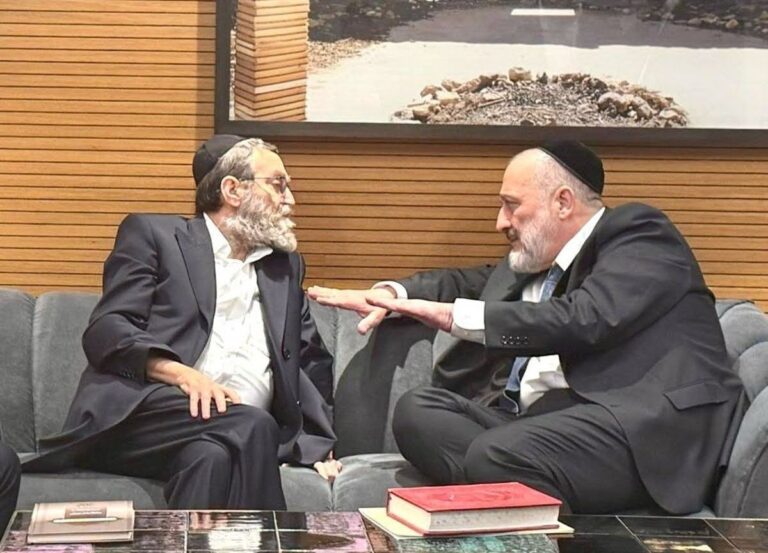 The following is a Jewish Press editorial, appearing in this weeks paper:
The following is a Jewish Press editorial, appearing in this weeks paper:
The Jewish community lost a great friend and advocate with the passing of former congressman and HUD secretary Jack Kemp. Mr. Kemp followed up a stellar career as star quarterback for the Buffalo Bills in an arena of a different sort, representing Buffalo in Congress. And though Buffalo did not have a particularly large Jewish population, Mr. Kemp recognized from the outset the need for America to be sensitive to the dynamic of Jews as a minority community with special domestic concerns and an abiding interest in the safety of Jews in Israel and around the world.
Since his passing there has been much written and said about Mr. Kemp’s work in support of Israel’s security and on behalf of Jewish issues here at home. The list of his efforts is a very long one. But one item that has gone completely unmentioned is the key role he played in preventing severe restrictions from being imposed on the right of Jews to practice ritual slaughter in the United States.
According to an official with COLPA (the National Jewish Commission on Law and Public Affairs) who worked with Kemp on the issue, a federal law was enacted in 1958 requiring “humane methods” to be used by all packing companies selling meat to the federal government. That law, as initially drafted, defined “humane” as involving a throat cut that was preceded by rendering the animal insensitive to pain. Halacha, of course, while ensuring that the throat cut be painless by exacting stipulations as to the sharpness of the knife, nonetheless requires the animal to be fully conscious.
After the intervention of several Jewish organizations, and in significant measure the noted historian Dr. Isaac Lewin, the so-called Case-Javits amendment was added to the legislation which included shechita in the definition of what constituted humaneness.
However, in 1978, Senator Robert Dole of Kansas and Congressman George E. Brown Jr. of California sponsored legislation that expanded the coverage of the 1958 law to include livestock at all plants that are federally inspected, effectively making inhumane slaughter illegal regardless of sales to the federal government. But the law failed to include the provisions of the Case-Javits amendment, with ominous implications for shechita.
Though Congressman Kemp was not involved in the legislation, he had a close working relationship with Congressman Brown and ultimately succeeded in securing a commitment from him that no legislation would pass that did not include protection for shechita. From this commitment secured by Mr. Kemp flowed the successful effort to revise the proposed 1978 law. Indeed, Dr. Lewin’s son, the famed constitutional lawyer Nathan Lewin, played a major part in developing the language on the issue that was included in the statute and the explanatory memoranda of the sponsors, which most believe actually strengthened the Case-Javits protections.
While he was publicly associated with many Jewish issues, Jack Kemp has not been heralded as the defender of the seminal practice of shechita. Until now, that is. The Jewish community lost a true friend last week.










